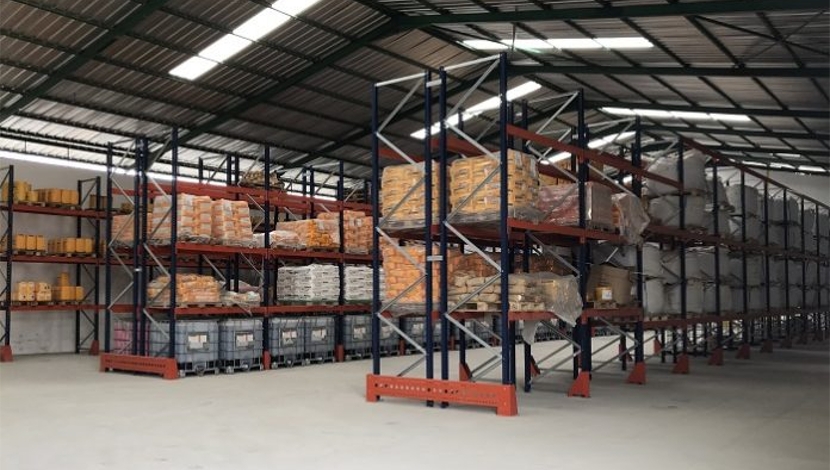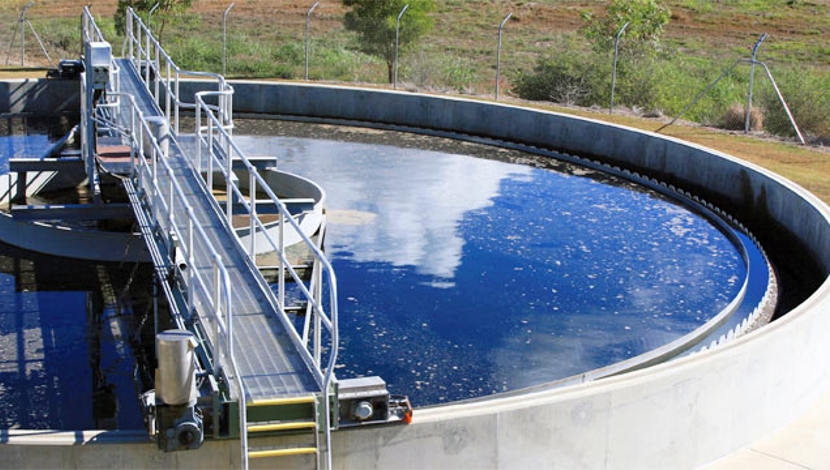
Government’s investment in infrastructure will continue to grow, but not as rapidly as in the past, with the focus shifting to improving value for money in infrastructure delivery,
the National Treasury highlighted on Wednesday, noting that over R800-billion will be invested in public-sector infrastructure expenditure over the medium-term expenditure framework (MTEF) period.
In its Medium-Term Budget Policy Statement (MTBPS), the National Treasury outlined that its proposed budget allocations for infrastructure stood at R542-billion, while infrastructure plans by large State-owned companies exceeded R400-billion over the next three years.
Finance Minister Nhlanhla Nene on Wednesday noted that it was one thing for government to finance State-owned companies that were responsible for growth-enhancing infrastructure investments. “Relief of entities that should be self-sustaining or that have mismanaged their commercial activities is quite another.”
He emphasised that the support of such entities remained a serious risk to the medium-term fiscal outlook and, as such, work had started on a legislative framework to regulate State-owned entities, which sought to address governance challenges.
Meanwhile, the National Treasury highlighted that government would continue to help municipalities plan and implement urban development projects that catalyse spatial change, with R229-billion allocated to municipalities for infrastructure over the MTEF period.
Local government had spent 91% of allocated infrastructure budgets in 2014/15, up from 86% in 2013/14 and 77% in 2012/13.
To build on this progress, and improve value for money in infrastructure investment, government would introduce a medium-term capital budgeting framework, which included new appraisal tools for capital projects, strengthened procurement regulations, measures to lock in resources for operations and maintenance and greater transparency on the full life-cycle costs of large capital projects.
New regulations that would come into effect in April 2016 also included a compulsory standard for infrastructure procurement and delivery management.
Government would further invest more in the refurbishment and renewal of ageing infrastructure, while continuing to expand social infrastructure to underserved areas, allocating R130-billion to roads and public transport infrastructure and R20-billion to extend the electricity grid to poor households.
It also earmarked R60-billion for public housing, R55-billion for water infrastructure, R43-billion in school buildings and R3-billion in health facilities and equipment.





